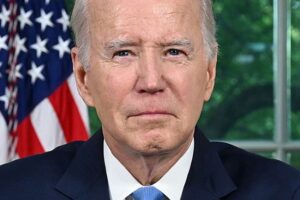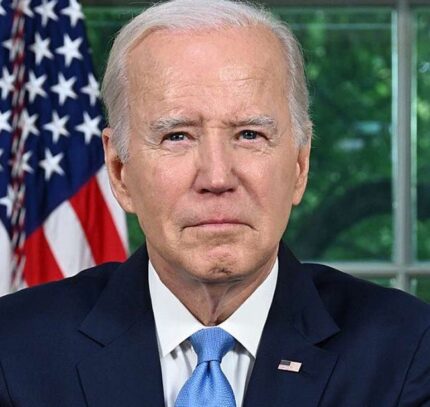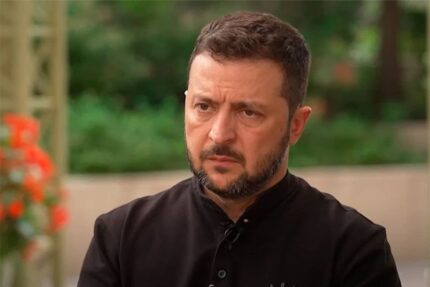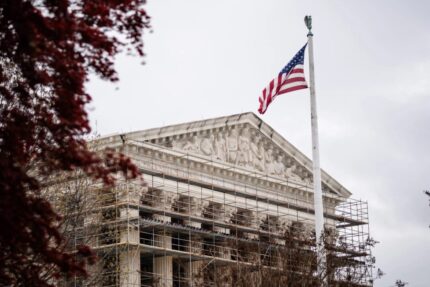Former U.S. President Joe Biden has been diagnosed with an aggressive form of prostate cancer that has metastasized to his bones, his office announced in a statement on Sunday. The diagnosis followed a recent evaluation after a small nodule was discovered in his prostate during a routine check-up.
According to the statement, Biden’s condition is characterized by a Gleason score of 9 (Grade Group 5)—a categorization placing him in the highest risk group for prostate cancer. Medical experts say this indicates poorly differentiated cells, a hallmark of advanced and aggressive disease. The cancer’s spread to the bones further confirms it as stage M1, placing him within the high or very high-risk group under standard clinical classifications.
Despite the seriousness of the diagnosis, Joe Biden’s team added that the cancer appears to be hormone-sensitive, allowing for potentially effective management through hormonal therapy and other targeted interventions. “The President and his family are reviewing treatment options with his physicians,” the statement said.
What the Diagnosis Means: Understanding Gleason Scores and Metastasis
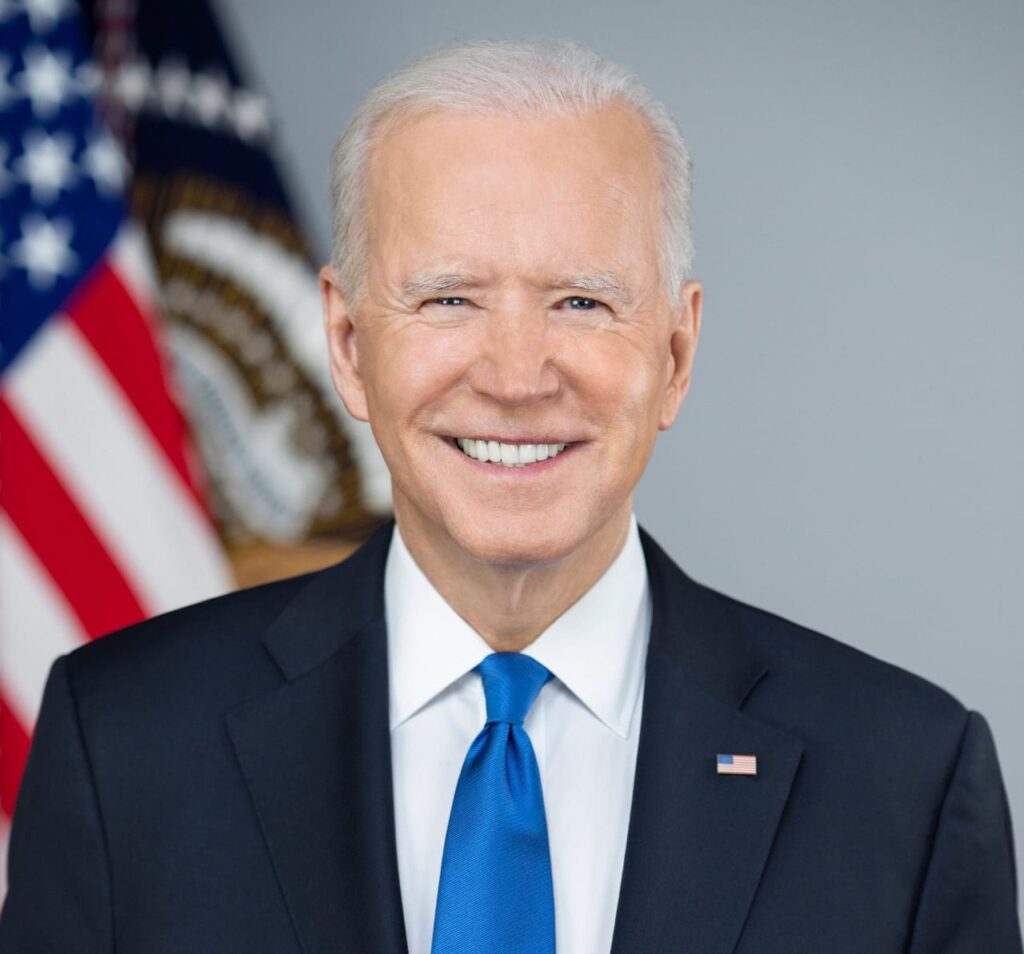
Prostate cancer grading is often based on the Gleason scoring system, which ranges from 6 to 10. A Gleason score of 9, as in Biden’s case, indicates that cancer cells look very different from normal prostate cells and are likely to grow and spread rapidly.
According to the Cleveland Clinic, a Gleason score of 9 places Joe Biden in the Grade Group 5 category, where the likelihood of extracapsular extension and bone metastasis is high. Dr. Celine Gounder, CBS News’ medical contributor, explained that the presence of bone metastases confirms stage M1 disease, which presents a serious prognosis without intervention. However, being hormone-sensitive opens up viable treatment options, including androgen deprivation therapy (ADT), chemotherapy, or newer immunotherapy approaches.
Biden’s diagnosis marks a critical juncture not only in his personal health journey but also for the political landscape, given his central role in U.S. public life and recent tenure as President.
Reactions from Political Figures: Messages of Support Across Party Lines
News of the former president’s condition has prompted an outpouring of support from across the political spectrum. Former President Donald Trump, Biden’s rival in the 2020 and 2024 elections, took to social media to offer his well-wishes. “We are saddened to hear about Joe Biden’s recent medical diagnosis. We extend our warmest and best wishes to Jill and the family, and we wish Joe a fast and successful recovery,” Trump posted on Truth Social.
Vice President Kamala Harris also released a heartfelt message, saying, “Joe is a fighter — and I know he will face this challenge with the same strength, resilience, and optimism that have always defined his life and leadership.” She noted that she and Second Gentleman Doug Emhoff are keeping the Biden family in their prayers during this difficult time.
Several other elected officials joined in sharing their support, with bipartisan calls for strength and recovery. The diagnosis has stirred empathy among lawmakers, particularly those aware of the Biden family’s long history of battling cancer.
A Family Touched by Cancer: The Joe Bidens’ Ongoing Battle
The Biden family has had a longstanding and personal relationship with cancer. In 2015, Biden’s eldest son, Beau Biden, died at the age of 46 from glioblastoma, a highly aggressive form of brain cancer. The former president has long attributed his son’s illness to toxic exposure during military service in Iraq, specifically to burn pits used for waste disposal.
In addition, Joe Biden was treated for a small lesion of skin cancer two years ago. A basal cell carcinoma was successfully removed from his chest during a routine physical examination at Walter Reed National Military Medical Center. Though non-aggressive, it added to the family’s ongoing medical struggles and strengthened Biden’s resolve in his fight against cancer.
These personal experiences have fueled Biden’s advocacy and shaped much of his public health policy during and after his presidency.
Cancer “Moonshot” Legacy: Renewed Urgency Amid Personal Crisis
Joe Biden’s diagnosis comes against the backdrop of his long-standing commitment to cancer research and treatment innovation. In 2016, following his son’s death, then-Vice President Biden spearheaded the Obama administration’s Cancer Moonshot initiative, aimed at accelerating cancer research through $1.8 billion in federal funding.
In 2022, President Joe Biden relaunched the initiative with even bolder ambitions—pledging to “end cancer as we know it.” The White House framed the renewed moonshot as a mission to reduce cancer deaths by 50% over the next 25 years. The initiative has focused on early detection, targeted therapies, and equitable access to care.
Now, as he confronts the disease personally, Biden’s cancer moonshot takes on new symbolic and practical urgency. His leadership in the fight against cancer may now serve not only as a policy pillar but as a deeply personal mission—one he will fight with the same determination he has demonstrated throughout his career.



